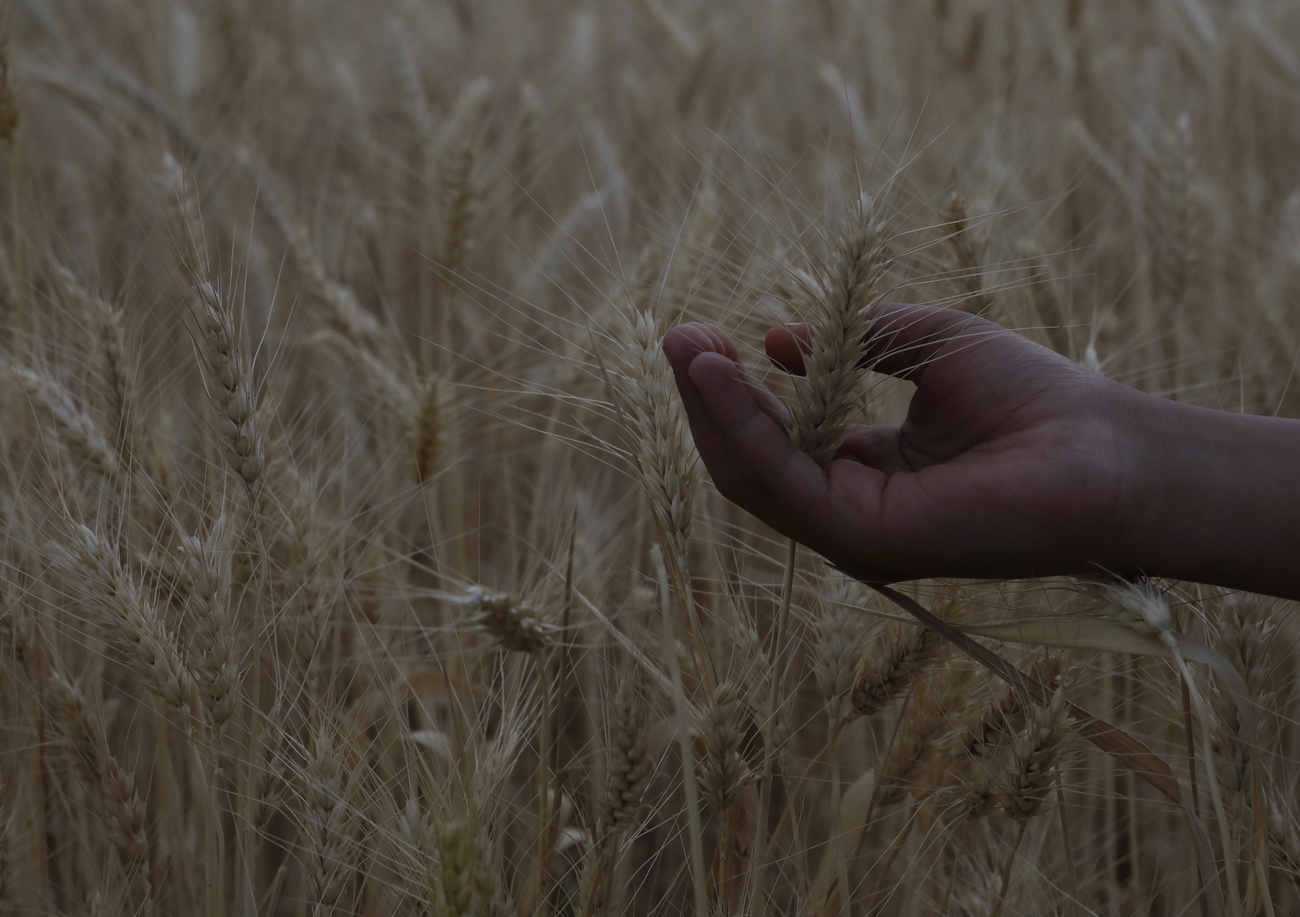
Nestlé among 20 food firms accused of ʿhunger profiteeringʾ

Multinational food companies, including Nestlé, have used the war in Ukraine and the Covid pandemic as a pretext for higher food prices, a Greenpeace report claims. The Swiss company denies the charge.
“Between 2020 and 2021, Nestlé’s net income rose from $13 billion to $18.5 billion (CHF12.2 -17.4 billion), while we were suffering the full force of the Covid crisis,” said Davi Martins, campaigner Greenpeace International, on Wednesday to the local media.
“Morally, this raises questions,” he added.
Nestlé is the only Swiss company among the 20 food companies studied in the report commissioned by Greenpeace InternationalExternal link and published on Tuesday. According to Greenpeace, the increases in food prices were accompanied by an increase in the revenues of multinationals and dividends they paid out to their shareholders.
In the 2020-2021 fiscal year alone, the 20 companies assessed paid out an estimated $53.5 billion to shareholders. According to the United Nations, this amount could lift 230 million people out of extreme poverty.
“These 20 companies could literally save the world’s 230 million most vulnerable people and have billions of profit left over in spare change. Paying more to shareholders of a few food corporations is just outrageous and immoral,” said Martins.
Responding to the accusations, Nestlé asserted that “like many others”, it has suffered “the weight of extreme cost inflation” over the past two years. It also stated that it is bound to respect its obligations towards its shareholders.
Besides Nestlé, the other companies in the Greenpeace report include commodity giants ADM, Bunge, Cargill, Louis Dreyfus and COFCO; fertliliser companies Nutrien, Yara International, CF Industries Holdings, The Mosaic Company; meat vendors JBS, Tyson Foods, WH Group, Marfrig Global Foods, BRF, NH Foods; and dairy firms Lactalis, Danone, Dairy Farmers of America and Yili Group.

In compliance with the JTI standards
More: SWI swissinfo.ch certified by the Journalism Trust Initiative































You can find an overview of ongoing debates with our journalists here . Please join us!
If you want to start a conversation about a topic raised in this article or want to report factual errors, email us at english@swissinfo.ch.